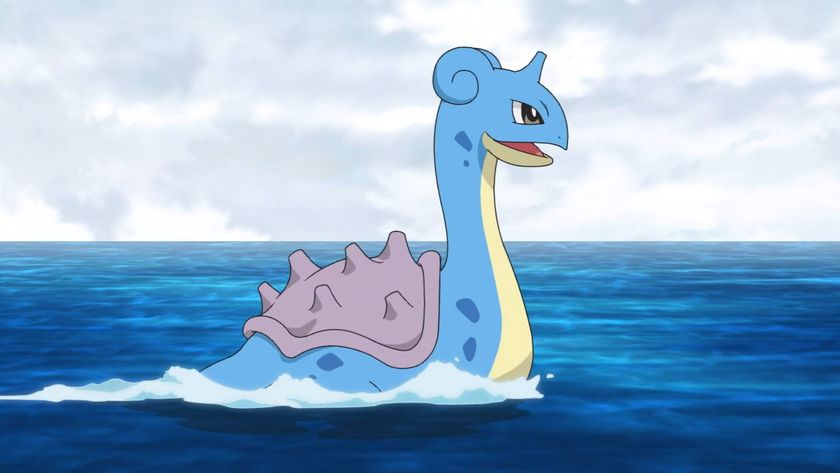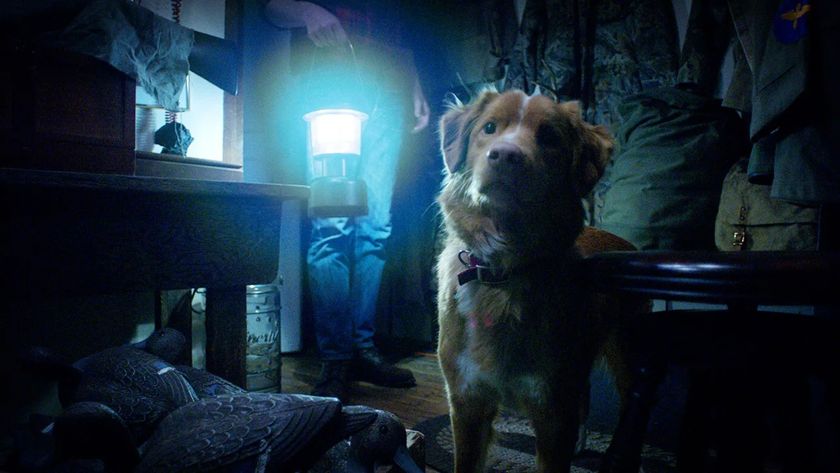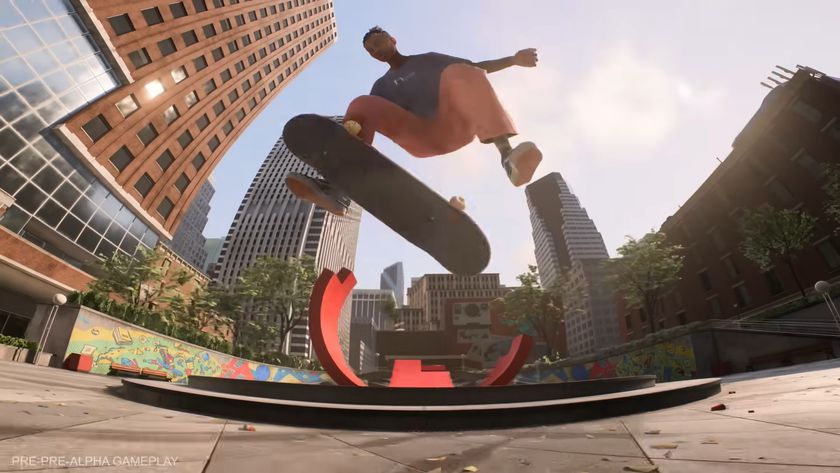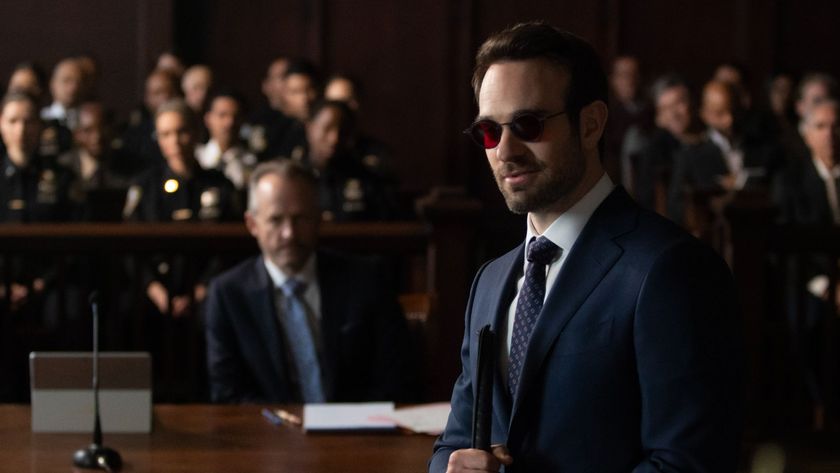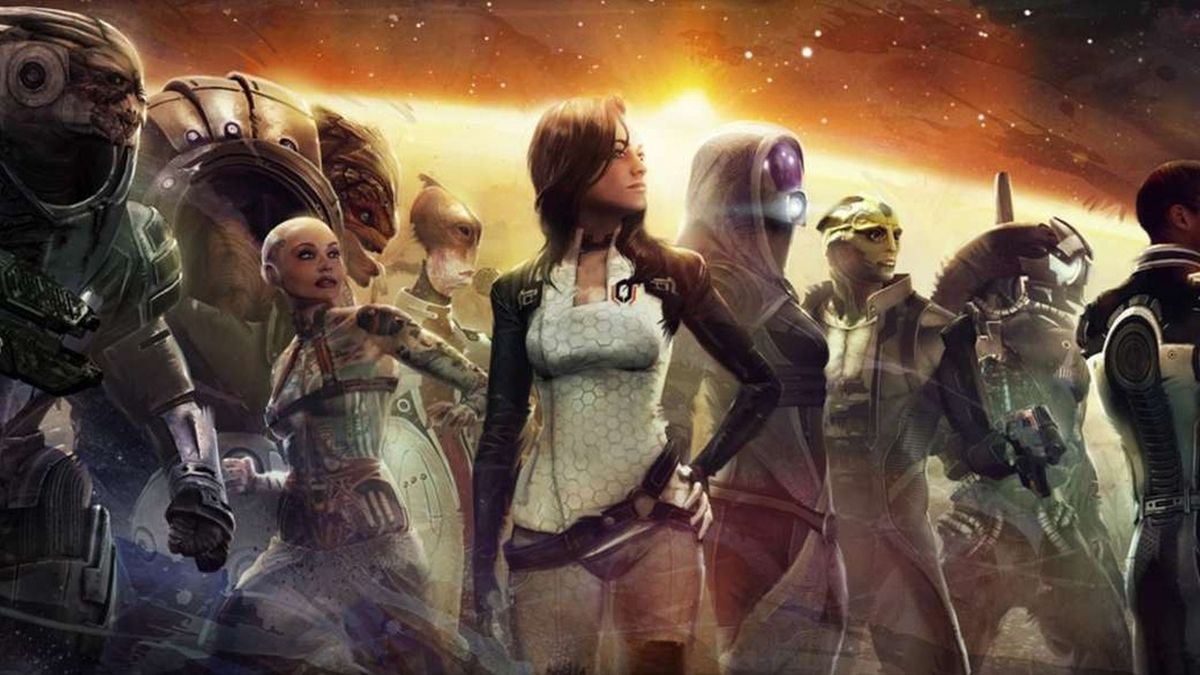
For years, BioWare was perhaps the most glaring omission in my gaming library. It was never a conscious effort; Fallout: New Vegas and Skyrim shoulder some of the blame for their domination of my formative sci-fi and fantasy RPG experiences, but it's also a question of timing. I was too young for the first games in each series, and mired in student debt by the time their latest outings rolled around. As Mass Effect: Andromeda struggled and Anthem fell, it became easier to consign the studio to 'has-been' status, a forgotten gem tarnished with time.
But then came Mass Effect: Legendary Edition, and a chance for fans to step back on board the Normandy, the jank of 2007 largely ironed out. Even for three decade(ish)-old games, the $60 bundle seemed like a pretty good deal, and my interest in the series was piqued. I then swiftly proceeded to entirely forget about it until this summer, when Prime Gaming gave it away for free.
It was a tricky start. Even with a fresh coat of paint, the original Mass Effect couldn't hide the rougher edges caused by its relative age. For better and worse, I was reminded of another 2007 RPG - The Witcher. Geralt's interactive debut has aged far worse than Shepard's first adventure, but the hardware limitations resulted in some similarly clunky dialogue and scene transitions. In many ways, it seemed like both BioWare and CDPR had overshot, attempting to draw sprawling narratives, deep character relationships, and complex combat into a system stretching at the seams to contain them all.
For their faults, both games retain devoted audiences, and with Mass Effect it was easy to see why. Having the Normandy as my base of operations brought the fantasy of Star Trek's Enterprise or Doctor Who's Tardis to life. Shepard could explore the galaxy, complete their mission, move onto the next with their crew and their ship by their side. Every time I set foot on a new planet, there was a sense of trying to achieve something specific, that each part of this galactic whole could yield something new and exciting. Choices mattered, your crew mattered, and even as Mass Effect strained against its hardware, it was easy to understand why this series meant so much to its fans.
Getting calibrated
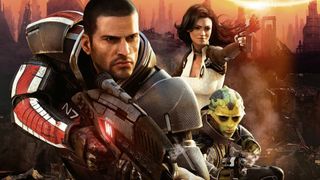
All that made stepping into Mass Effect 2 a joy. After that gut-wrenching opening, it was clear from the start that this was a step up in almost every way. That galaxy-spanning fantasy was expanded into something matched only a handful of times since - I spent far too long trawling the outer edges of the Milky Way, hoovering up whatever resources or distress calls I could. Streamlined combat brought my Infiltrator Shepard new relevance, hundreds of mercs falling to the satisfying clunk of my rifle. Omega and Ilium showed off the breadth of BioWare's world design, two dramatically different yet equally lifelike, equally important areas of civilization in a lonely galaxy.
But Mass Effect 2 would be nothing without your crew. From the outset, its Rogue's Gallery is the jewel in its narrative crown, a line drawing you ever onwards to the game's dreaded but inevitable final act. Mordin was one of my earlier recruits, but even by the time I'd discovered him and his delightfully distracted chattering, I knew I'd want to see everything ME2 could offer. Even Zaeed, whose aggressive, trigger-happy attitude was antithetical to everything my Shepard (Paragon, of course) stood for, got his companion quest. My only regret is that it felt as though there wasn't enough time to get to know the whole gang. I preferred to play with Biotics as a crowd-control complement to my sniper tactics, so I often headed into battle with Jack, Miranda, or Samara by my side. That made it harder to find time to spend with some of my other favourites; at least Garrus, Mordin, Grunt, and Kasumi are ripe for a second playthrough.
Entering the relay
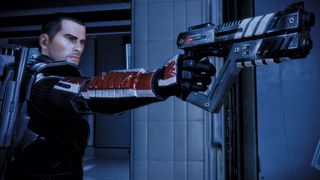
When I finally reached Mass Effect 2's climax, I was genuinely worried. The Suicide Mission's reputation precedes it; to this day, it's held up as one of the series' best moments, maybe one of the best individual missions of the last decade. While I knew it was coming, I still wasn't prepared for the dread I felt at every cutscene, knowing a single misstep - potentially made a dozen hours back - could cost me a companion. In reality, I got through almost unscathed, one single supporting cast member succumbing to a tiny, frustrating mistake. As I returned to the bridge after the credits had rolled, the absence of that minor figure still came as a gut punch, testament to the depth of BioWare's character design.
Sign up to the 12DOVE Newsletter
Weekly digests, tales from the communities you love, and more
As I start my journey through Mass Effect 3, I'm firmly a convert. Linking back up with Ashley and Liara feels like being back among friends, and while I'm aware of the scepticism that some have for the trilogy's finale, I'm looking forward to skirting the Reapers as I delve into another BioWare galaxy and building connections to a brand-new Normandy crew. Beyond that, Andromeda beckons, and while I'll probably never venture to Anthem, even Dragon Age appeals in a way it never did before. As I write this ahead of the first N7 day I get to appreciate as a fan - and as Mass Effect 5 looms over the event horizon - I'm fascinated to see what BioWare will show us next.

I'm GamesRadar's news editor, working with the team to deliver breaking news from across the industry. I started my journalistic career while getting my degree in English Literature at the University of Warwick, where I also worked as Games Editor on the student newspaper, The Boar. Since then, I've run the news sections at PCGamesN and Kotaku UK, and also regularly contributed to PC Gamer. As you might be able to tell, PC is my platform of choice, so you can regularly find me playing League of Legends or Steam's latest indie hit.
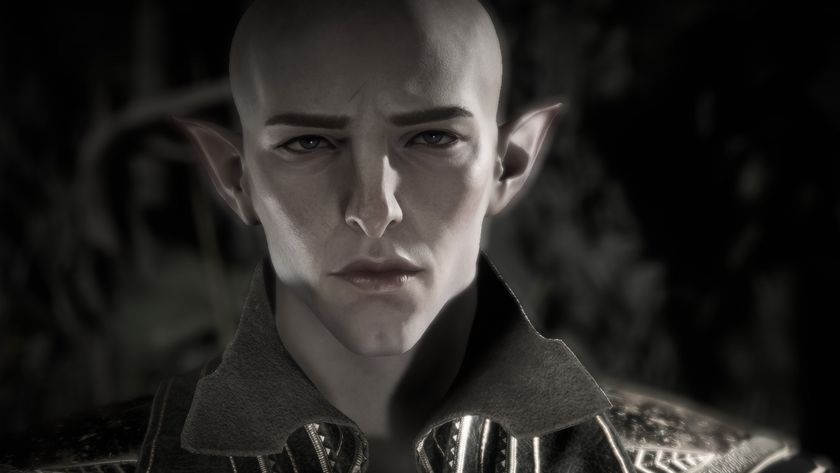
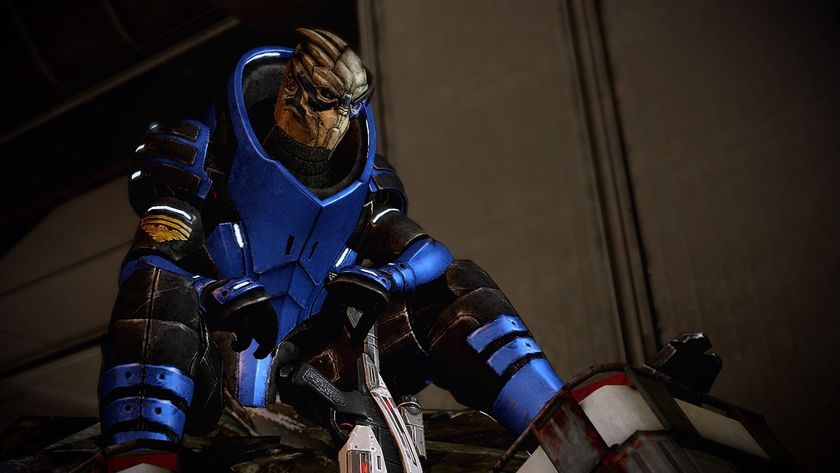
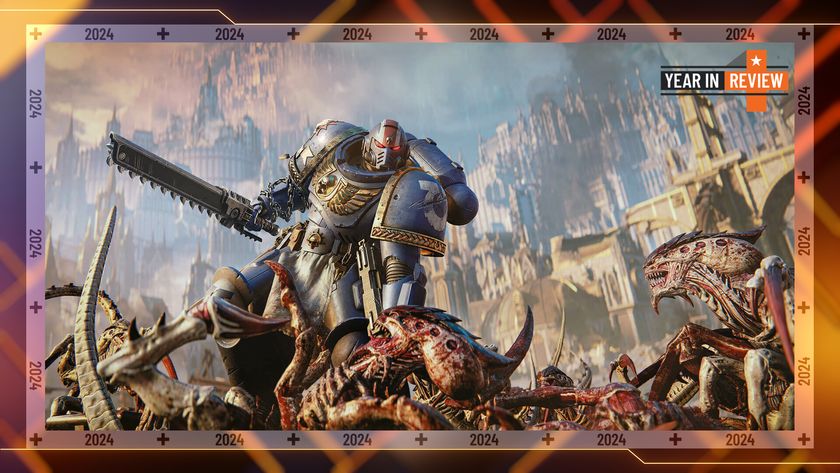
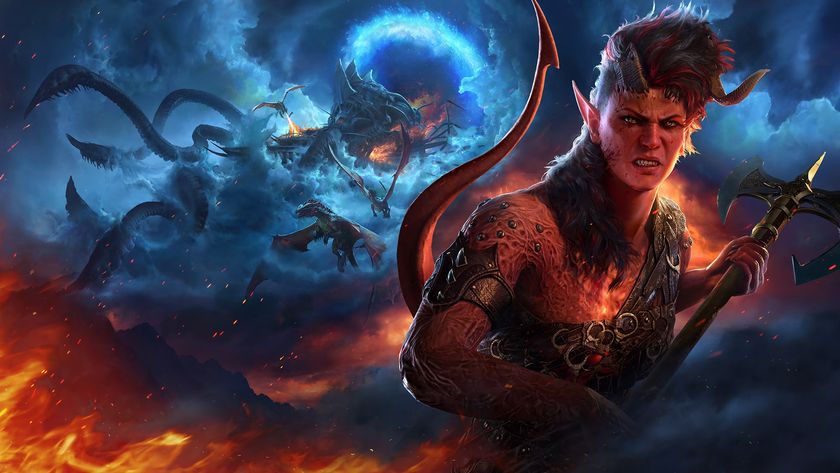
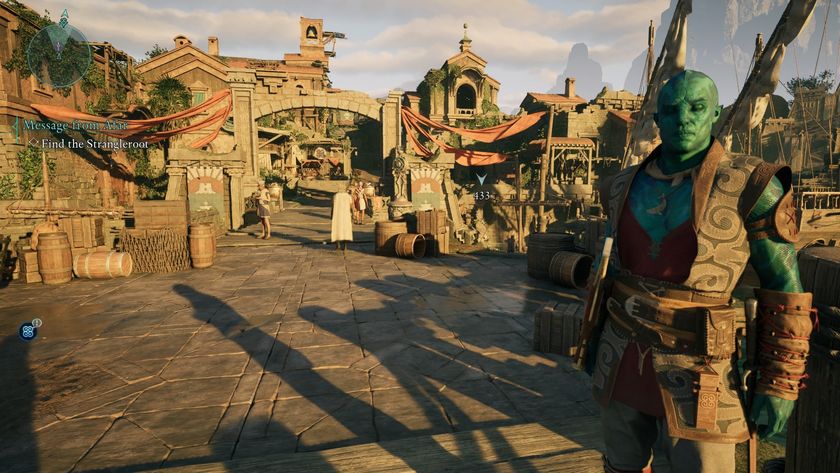
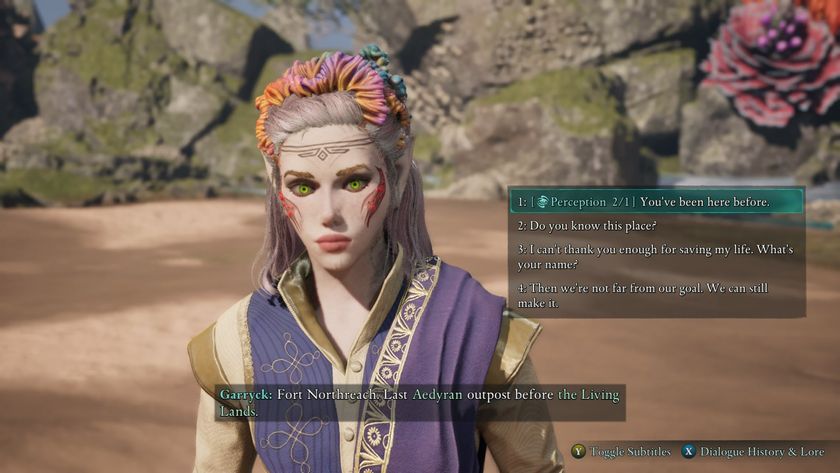
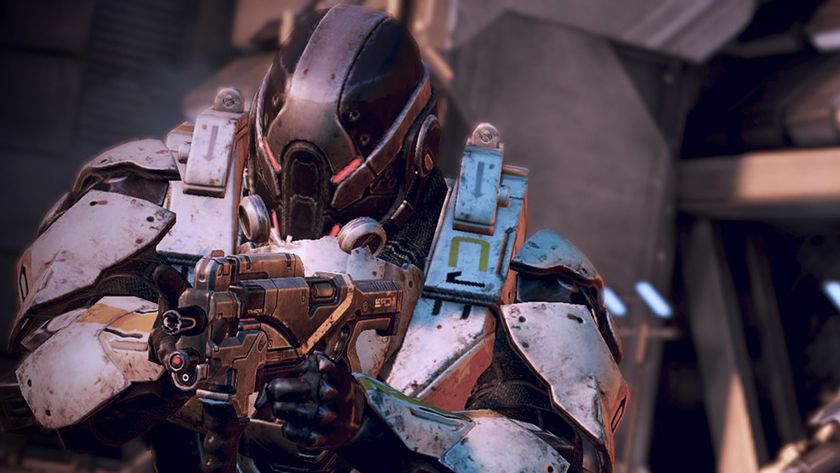
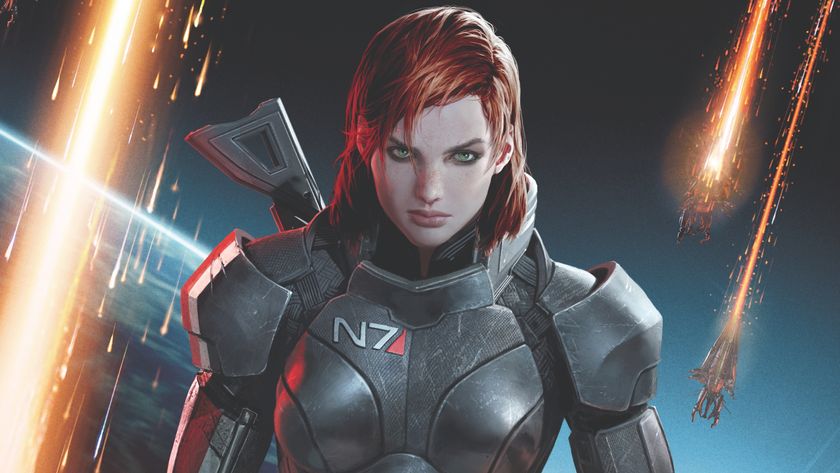
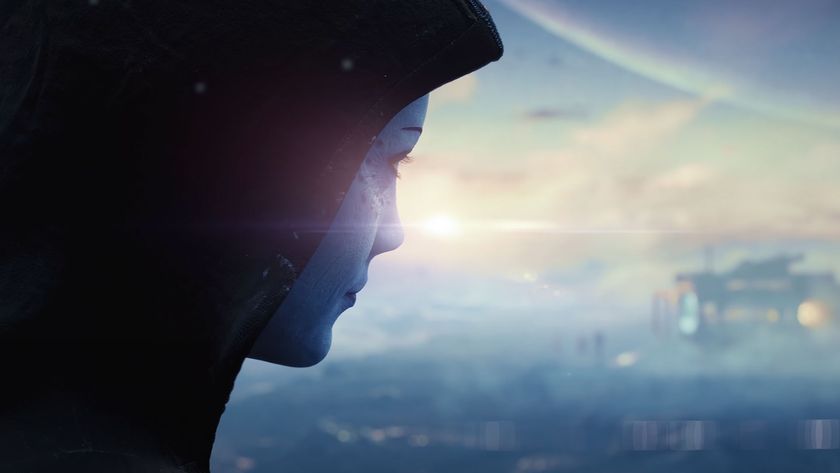
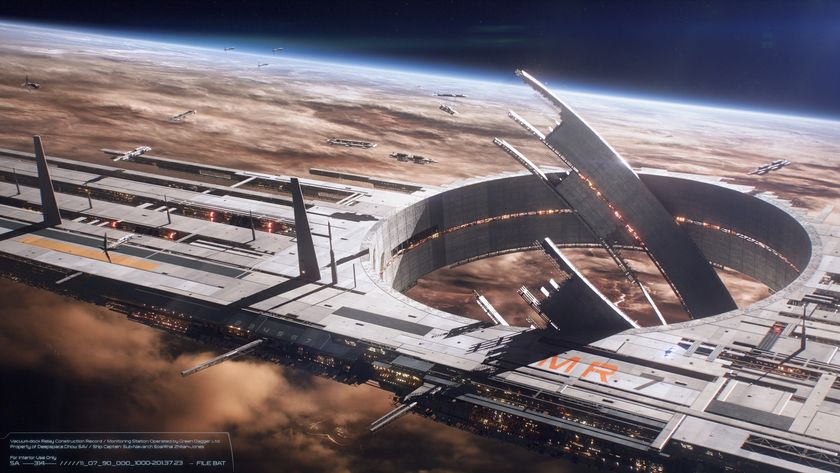
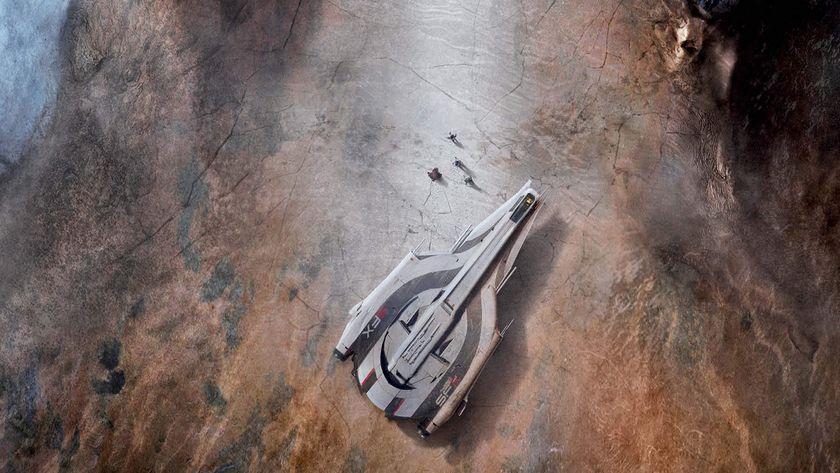


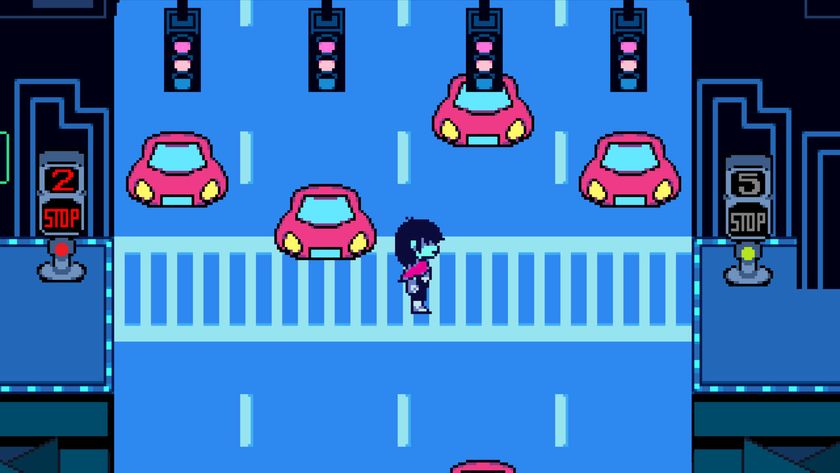
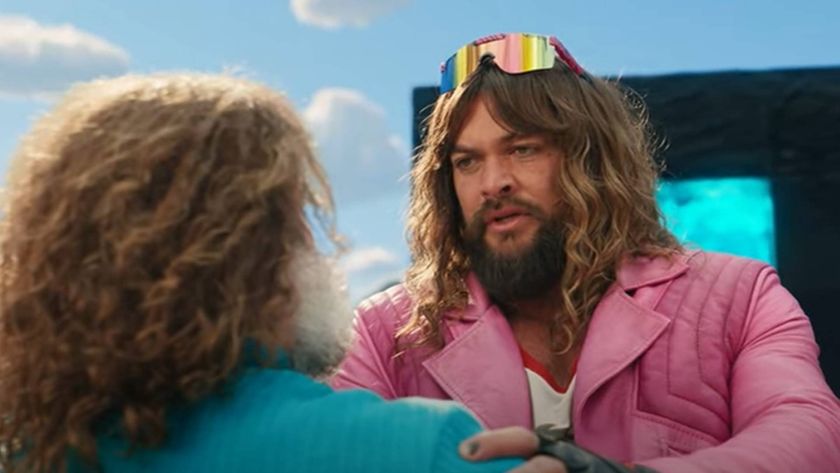
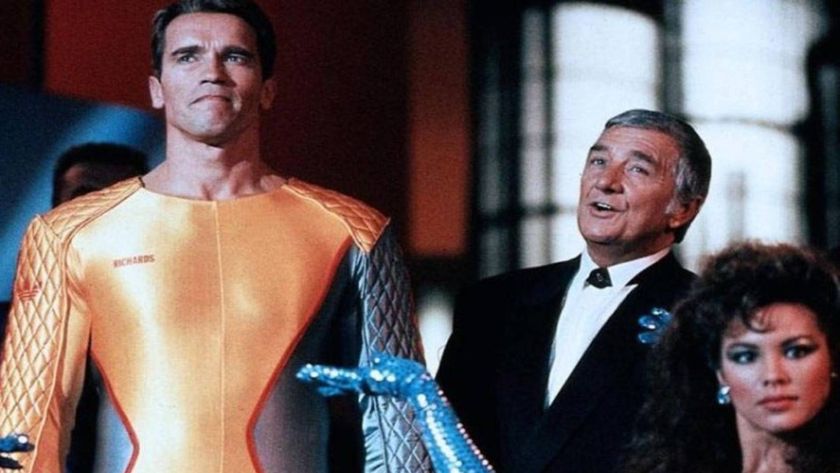

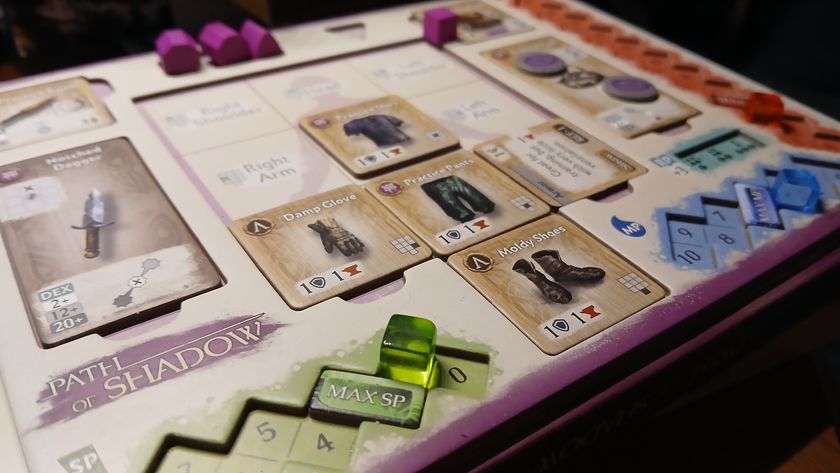

BioWare lead proves he's onto us while celebrating Mass Effect 3's birthday, clarifying that's all he's doing so that "nobody can say I purposefully teased them"

"EA gives you enough rope to hang yourself": BioWare co-founder says working for a big game company just ain't it, even if "it was actually a pretty successful run" for Mass Effect
